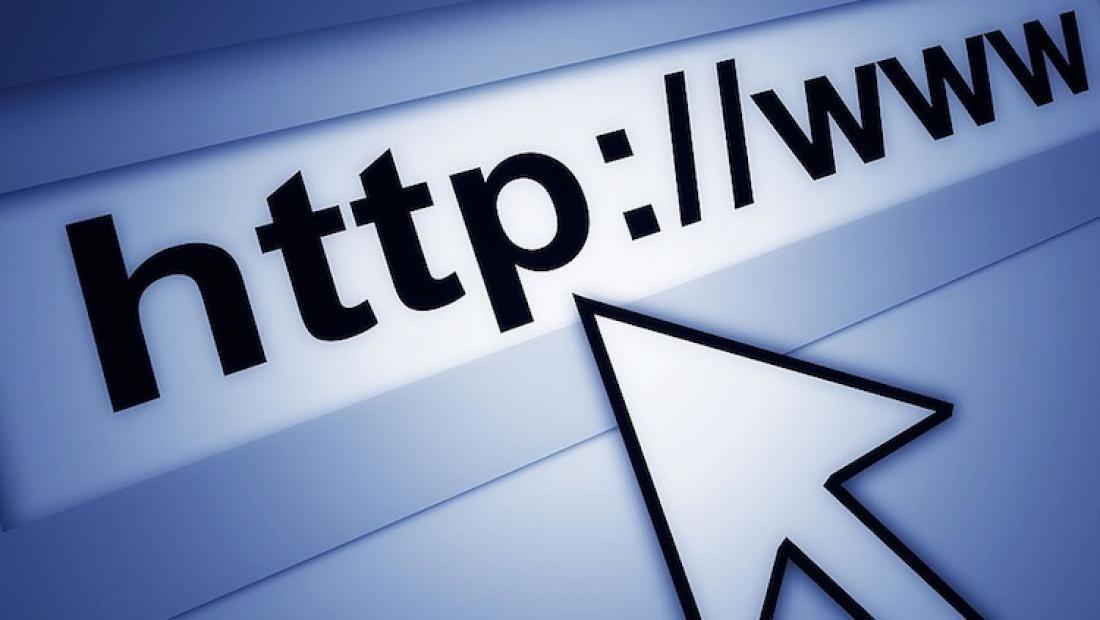Perspectives: The Rise of Internet Exceptionalism

The smarter way to stay on top of broadcasting and cable industry. Sign up below
You are now subscribed
Your newsletter sign-up was successful
The Following is an edited excerpt of comments that the Motion Picture Association of America made to the Telecommunications & Information Administration (NTIA), the White House’s chief communications policy adviser.
Ordinarily, businesses are treated one of two ways: 1) regulated — like phone companies, which as common carriers are restricted in their ability to decide who to serve, to set the terms and conditions of their services or to interfere with the content they must carry — and then granted certain immunities from liability over what their users do over their services to reflect the businesses’ lack of discretion, or 2) left free from regulation, but held accountable through potential liability if they don’t exercise due care for harms caused through their services.
In an effort to promote nascent electronic communication and commerce, Congress was persuaded 20 years ago to apply a different set of rules to internet platforms, granting them the best of both worlds: freedom from regulation with the ability to set their own terms and conditions, deny service to users and exercise editorial discretion and protection from any real risk of liability after the fact for the harm caused on their platforms.
U.S. legislators did so under notions of internet exceptionalism — the view that online platforms were so different, they must be protected from the burdens and regulatory oversight that govern the brick-and-mortar world.
As a tool for promoting growth of nascent internet companies, U.S. policies have been widely successful. But also as a result, we now have a legal framework that almost entirely insulates online platforms from accountability for all manner of harmful activities they enable.
The reality today is that without much risk of liability for the way platforms design their services and allow them to be used and little to no legal obligation to engage in preventative measures in exchange for the limits on liability, online platforms have much less incentive to take harm-mitigating steps common to most other businesses.
It is not surprising then that online, where there is less threat of liability, we now have a problem.
The smarter way to stay on top of broadcasting and cable industry. Sign up below
The lack of accountability for product design and commercial practices, as well as many platforms’ views that bad actors abusing their services are “not their problem to solve,” are common denominators exacerbating the extent to which the list of ills is growing unchecked on the web.
As the internet matures, policymakers need to ask, in light of the growing list of abuses occurring over online platforms, whether our decades-old policies are having an effect that runs counter to what was intended.
The content community — like all users of, and contributors to, the internet ecosystem — has an interest in seeing online platforms thrive, so that legitimate businesses can thrive along with them.
For us, that better enables creators and audiences to find each other. But healthy discourse and commerce cannot happen in an unhealthy ecosystem.
Whatever differences may exist between online and offline businesses, the reality of bad actors remains a constant, and virtual though the online behavior may be, the costs are real. One way or another, internet companies must exercise the level of responsibility that was originally envisioned — a level of responsibility many are not living up to today.
